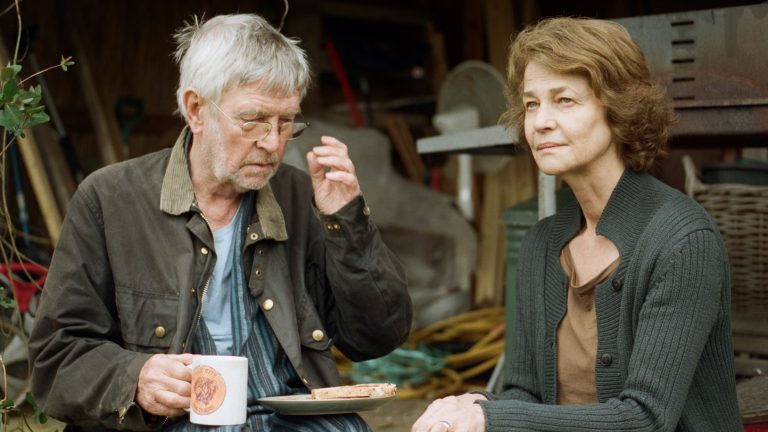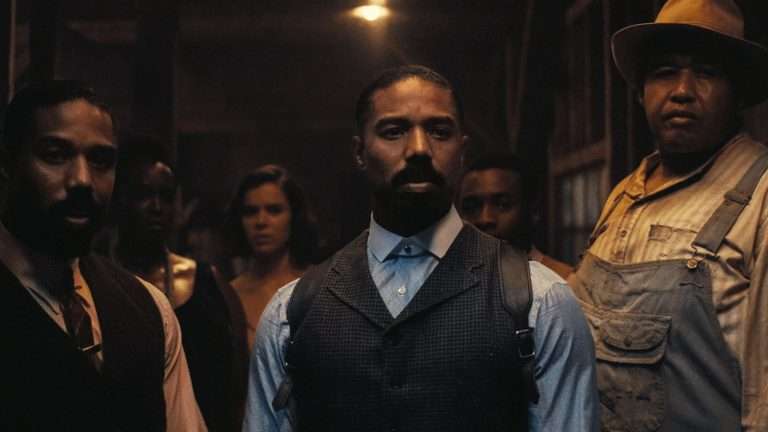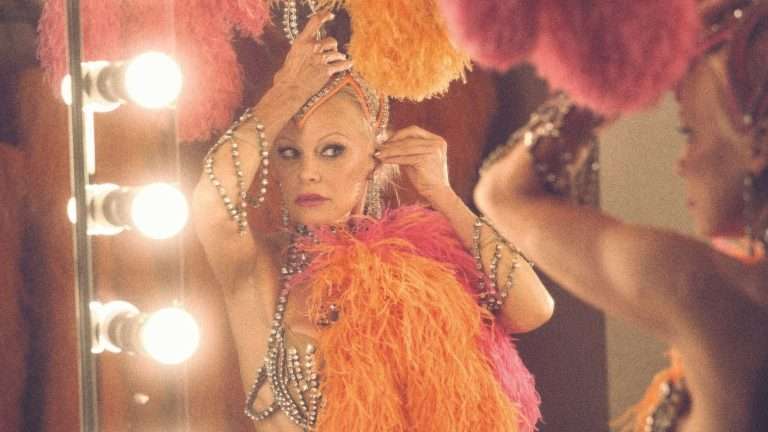Charlotte Devillers and Arnaud Dufeys’ “We Believe You” (On vous croit, 2025) is a deeply harrowing film. The visuals may be muted, the design spare but its words carry a colossal weight of trauma, helplessness, and pain denied due to redressal. There’s just one site the film circles. It’s a custody battle Alice (Myriem Akheddiou) is in for her kids, Lila (Adèle Pinckaers) and Etienne (Ulysse Goffin).
Devillers and Dufeys create an intense, claustrophobic atmosphere, mirroring what the kids must feel like around their father (Laurent Capelluto). Two kinds of proceedings are folded together: youth protection and criminal allegations. She has slapped CPS proceedings against her ex-husband, indicting him of abuse. He has flagged the custodial alarm, stating he doesn’t get to be with his kids, and that he’s being wholly excluded from their lives.
The action confines itself to a room. Lengthy motions are put forth by both sides, and extensive accounts are expanded by contesting lawyers. The father’s counsel emphasizes the CPS prosecution that’s underway is not mixed with the matter at hand. It’s the interests of the children that must be maintained, and protected.

The father hasn’t seen them for over two years. He blames her for cutting off his custodial access to the kids. Moreover, he points out they haven’t been going to school, basically pinning her down as a ‘bad mother’. We listen into a litany railed by his lawyer, then him. “We Believe You” is verbose but the emphasis sticks to the faces and crumpled expressions, especially Alice’s. There’s the exasperation, and fatigue of having to endure the same routine of being left wretchedly disconsolate by systems that ought to help her out of the mess, and offer solid support. But she receives none, only added pairs of eyes poking and taking aspersion with her own parenting choices.
Why is suddenly the father exhibiting interest in them? He was largely absent during her pregnancy, Alice asserts. Through it all, she went to her doctor’s appointments and managed the house alone, shorn of any support from him. The early vestige of interest he showed in her having a child quickly faded. He’d be around and reveling when friends swooped into the house but immediately disappeared the minute they were gone. Where was he when she needed him the most? Why this abrupt demand for involvement now? Does he have any rights any longer? It’s furthermore compounded by the sexual abuse allegation of Etienne against him. The needle shifts to Alice. We stay with her as she lays out her concerns, and apprehensions while being in knots.
In “We Believe You,” the plea is insistent and clear. Why are the legal procedures, the machinery for seeking justice and aid so seemingly pitted against the complainant? Why is the first reported response almost always looked at with doubt, mercilessly assessed, and held up for scrutiny without a measure of empathy? Judgement tails the alleger of abuse. They have to go through the doldrums technicalities throw up. Clarifications are sought, and the minutiae of lived-in experience are recast through protocol, things to be abided by. All these weigh against her straining for understanding. The air in the room tightens as she demands her anguish, the heartbreaking truth of abuse be accorded dignity.
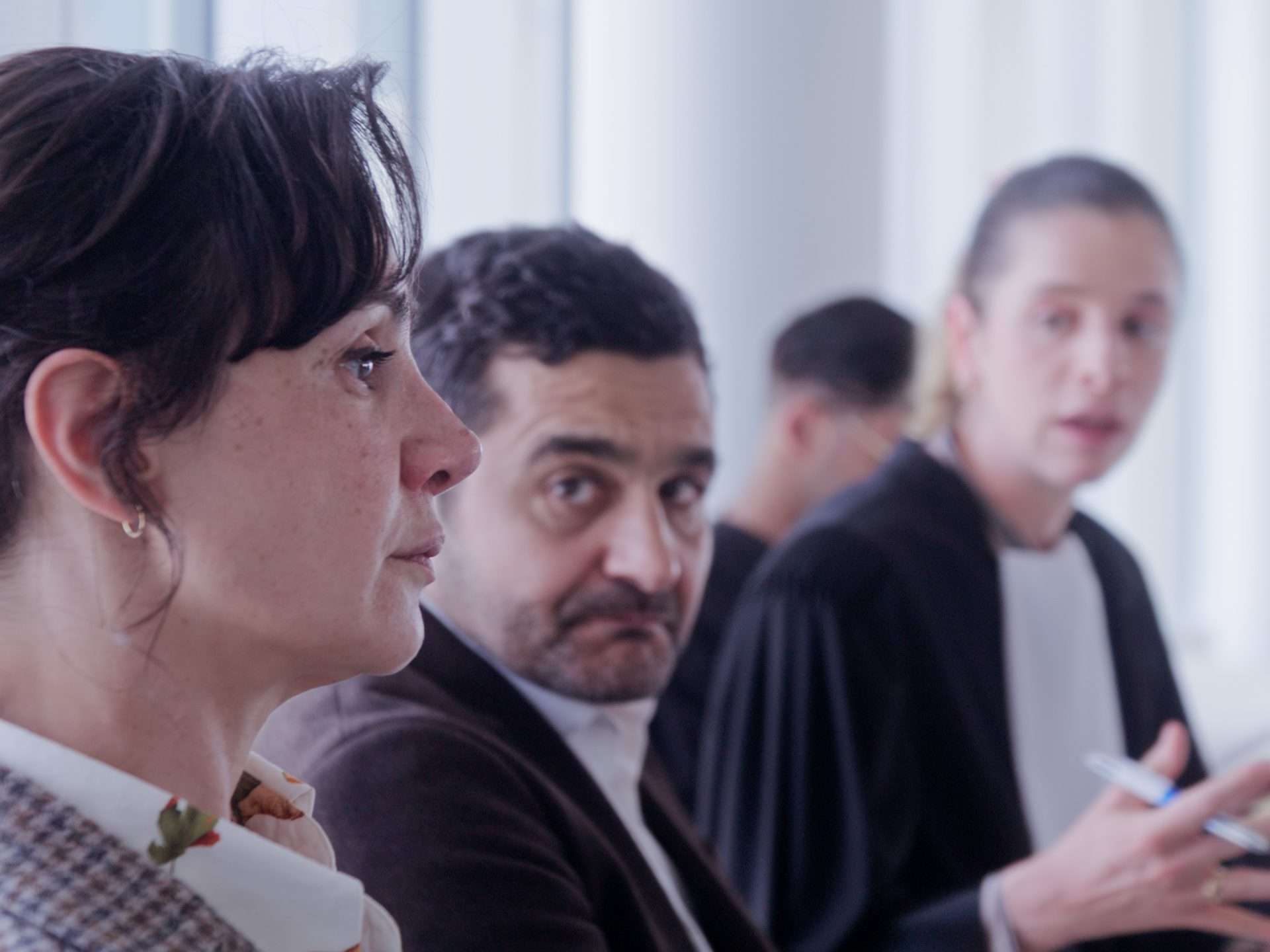
Alice finds herself and her kids unsheltered. The horrors pile on, a queasy punch amplifying as the accounts roll out, claims countered. It’s a brief film, opening up myriad windows into unspeakable circumstances of abuse and revealing the healing that barely gets to take place in being billowed by lack of accountability, a cover-up. Devillers and Dufeys don’t shy away from naming the difficult things.
The conversation happens in its gut-wrenching details. Is there any way out for Alice and her children? Where’s justice and hope? It all seems distant, irretrievable, cloaked under complicated, foggy institutions. Akheddiou’s face registers every crease of exhaustion and weathering immense duress. She is absolutely extraordinary, enveloping in her intensely emotional entreaty.
Instead of empathy, Alice gets insinuations, directed to areas of her motherhood that require repair. Her situation is dismal. She admits to taking it out on her children when everything feels too overwhelming. She’s past any reserve or hesitation in articulating her vulnerability, the not-so-great aspects of her behavior, and her spirals in front of her kids. “We Believe You” handles this grim narrative with unflinching candor, an ability to look at the seamy in the eye and confront it without apology or extraneous explanation.


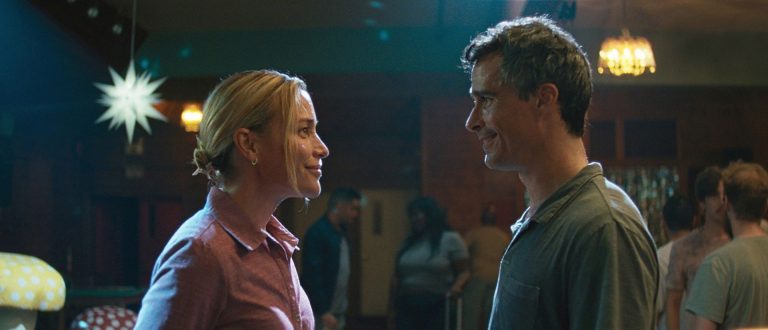
![Leave No Trace [2018] Review – A Subtly Powerful Tale of Life on the Fringes](https://79468c92.delivery.rocketcdn.me/wp-content/uploads/2018/09/Leave-No-Trace-2018-768x512.jpg)

